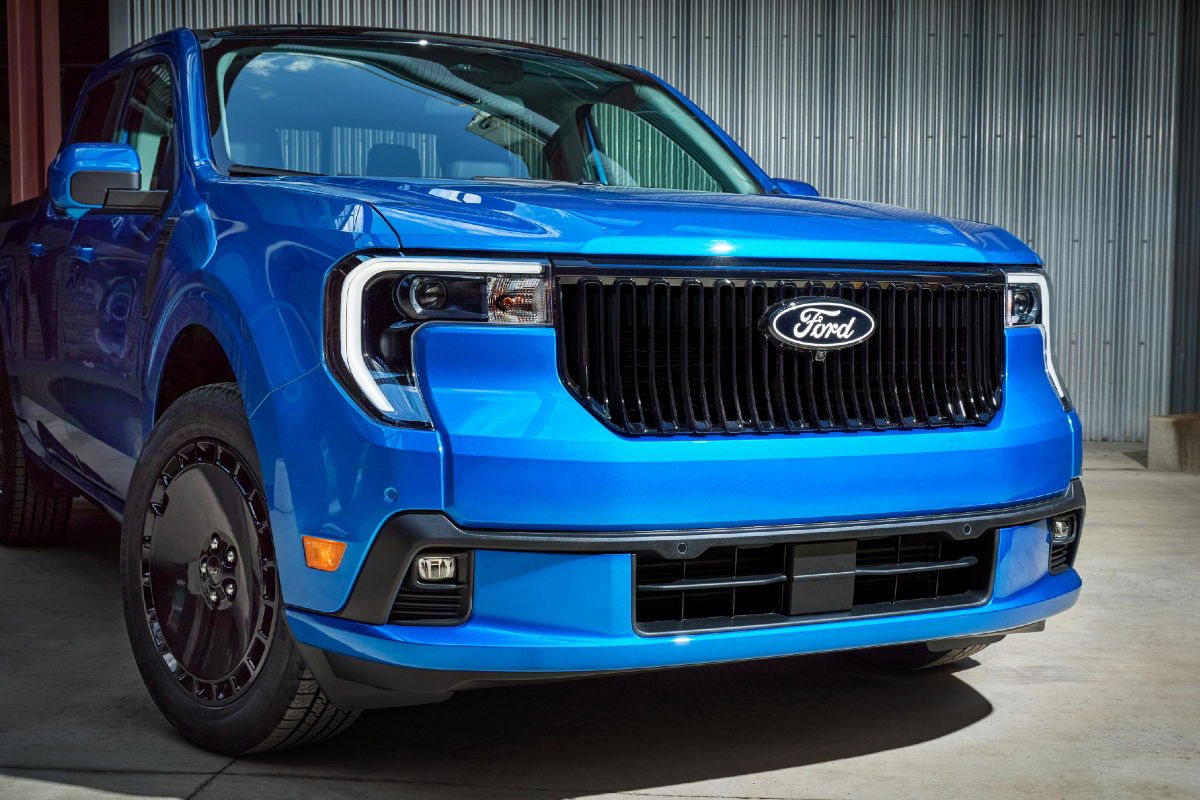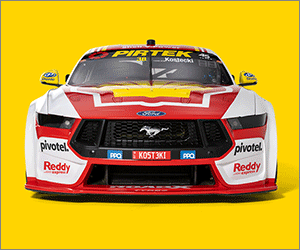A new Ford pickup is on the horizon, and the brand’s global CEO is continuing to make bold claims about the new ute.
Announced in August, the pickup will be the first model to be based on Ford’s upcoming electric vehicle platform, something the brand is dubbing ‘The Universal Vehicle’ – or the Ford Universal EV Platform, officially.
Set to launch in 2027 and be sized in between the Ford Escape-based Maverick and the popular Ranger utes, the EV will differ from its siblings by being rear-wheel drive, though its design may also result in something unexpected.
“Our first body style will be a pickup, but it’s really not a pickup. I would say it’s a new silhouette,” Ford CEO Jim Farley told The Verge’s Decoder podcast.

“What I mean by that is that it has more room than a RAV4, the best-selling passenger car in the US. That doesn’t include its frunk and pickup truck bed.
“It is very fast, it’s rear-wheel drive, it’s super fun to drive, and it has a digital experience that no one’s seen – at least that we’ve seen– even in China. The digital experience is quite different for customers.
“I think the whole package is something that has not been offered in the US or anywhere else to date. I think this first product is quite revolutionary.”
Farley has previously said the new ute will be “as fast as a Mustang EcoBoost” (which accelerates from 0-100km/h in about 5.5 seconds), and will start from “about US$30,000 (A$45,400)”.

While the pickup’s name hasn’t officially been announced, Ford has recently trademarked the Ranchero name, previously used on a car-based ute in the US – similar to the Ford Falcon, or Chevrolet’s El Camino.
The new EV platform itself will be powered by new lithium iron phosphate (LFP) prismatic batteries, which are not only smaller and lighter, but also cheaper. In total, Ford aims to cut the cost of parts by 20 per cent, require 40 per cent fewer work stations in the plant and be 15 per cent faster to assemble.
Ford hasn’t detailed whether the new ute or if its follow-up siblings will come to Australia, however given the importance of scale when using a new platform, it’s more than likely to be a global offering.












Discussion about this post